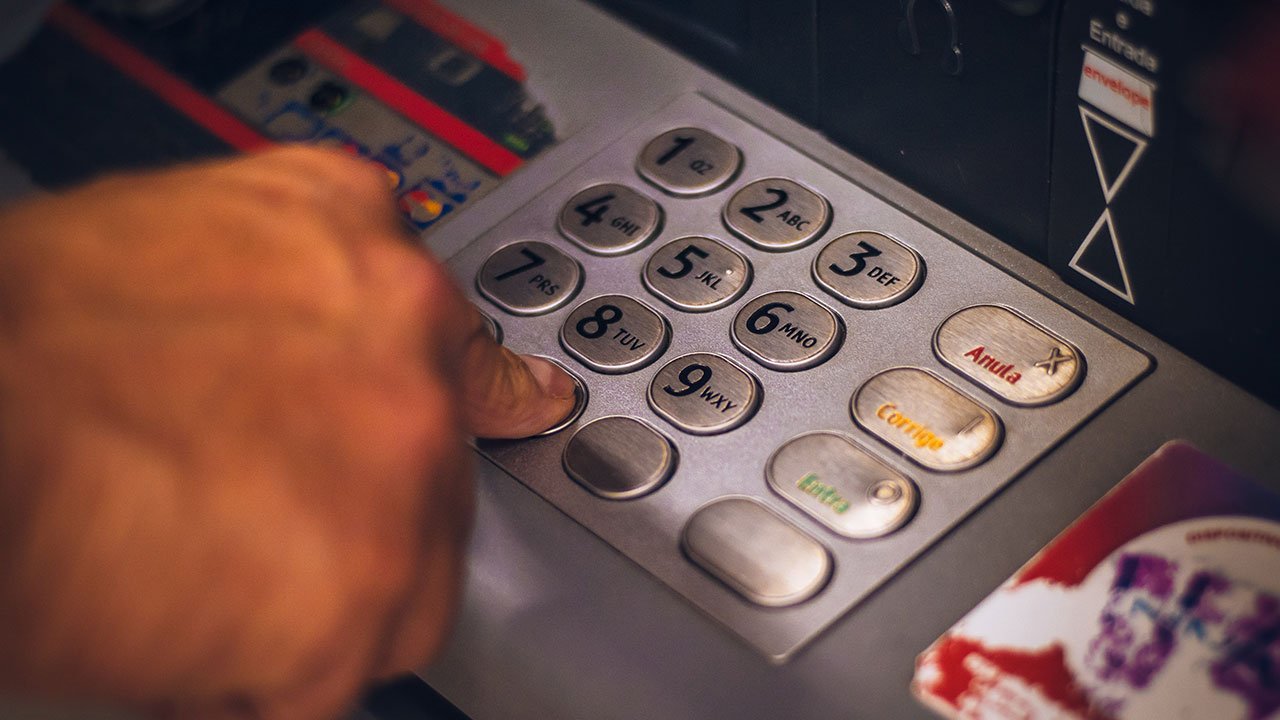Does Bitcoin have the potential to transform the economy? This article explains how Bitcoin could change the global economy.
Satoshi Nakamoto introduced Bitcoin as a peer-to-peer electronic cash system in a white paper in 2009. Since then, several different online currencies have sprung up, taking the market cap to $ 2.65 trillion—businesses such as Overstock accepted Bitcoin as a payment option for online purchases in 2014. Famous companies, including Master Card, Pavilion Hotels, AXA Insurance, Starbucks, Visa, and PayPal, adhere to the same standards. Investors often view cryptocurrencies as an inflation hedge.
However, on a personal level, Bitcoin may be able to upend our lives, similar to how the Internet and mobile devices did over time. Mobile phones were for keeping individuals in touch over distances of many kilometres. The Internet was for sharing knowledge on a platform that was widely accessible. Later, both entered our life and altered every element, including sleep music and alarm clocks. The ability of cryptocurrencies to destroy central banks could cause economic disruption. Here, we can use the bitcoin network as an example.

First, because it is distinct and cryptographically guarded, Bitcoin cannot be double-spent. Therefore, people can use the same bitcoin repeatedly. Second, while being decentralized, algorithms support bitcoin’s trust. And this means that a transaction cannot be recorded in a publicly distributed ledger of Bitcoin unless nodes approve it. Thirdly, the production and distribution of the currency do not require an intermediary.
To create CBDCs, many central banks worldwide are incorporating components of cryptocurrencies (Central Bank Digital Currencies). Cryptocurrencies may therefore have the power to alter how the economy functions.
What Advantages do Cryptocurrencies Provide for the Global Economy?
Cryptocurrency trading doesn’t need an intermediary. Numerous platforms bitcoin 360 ai enable you to work without intermediaries. The speed of transactions rises as a result. Transaction expenses are low because there are no middlemen. Reduced transaction costs imply improved exchange efficiency and a rise in transaction volume. There is less need for a physical location where people may gather and conduct business. Due to the absence of a salary, rent, or utility fees, fixed costs reduce. Some traders can meet minimum deposit requirements.

Furthermore, geographic boundaries don’t restrict cryptocurrencies. As a result, there is no central organization to oversee the transactions. For businesses, this makes commerce simple and rapid.
The price of one bitcoin as of November 2021 is $59,150. The majority will only be able to purchase one bitcoin! As a result, you can buy fractions of cryptocurrencies, increasing the volume and viability of transactions. As common currencies between economies, cryptocurrencies can facilitate more trade.
A peer-to-peer network supports the cryptocurrency’s blockchain architecture. As a result, unlike the conventional financial system, the transactions are decentralized. Cryptocurrency users think they should have total control over their money rather than a bank. Multinational companies frequently borrow money in both home and international currencies. Cryptocurrencies are an option that can diversify exposure. Therefore, cryptocurrency may make access to a diverse lending portfolio possible.
Cryptocurrencies’ Ability to Facilitate Global Financial Inclusion
Due to their quick access capability, cryptocurrencies help supply financial services and buy resources, particularly in developing nations. As a result, it hastens the global economy’s economic and social development.

The system is decentralized, meaning it is not under the control of a single entity. As a result, unlike the conventional financial system, neither businesses nor people can use it. And this consequently lowers the likelihood of deception.
The ability of cryptocurrencies to elevate emerging nations’ economic and social stature makes them very beneficial. Due to the development of blockchain technologies, entrepreneurs have more control and much easier access to financing. Everything helps to increase economic activity.



